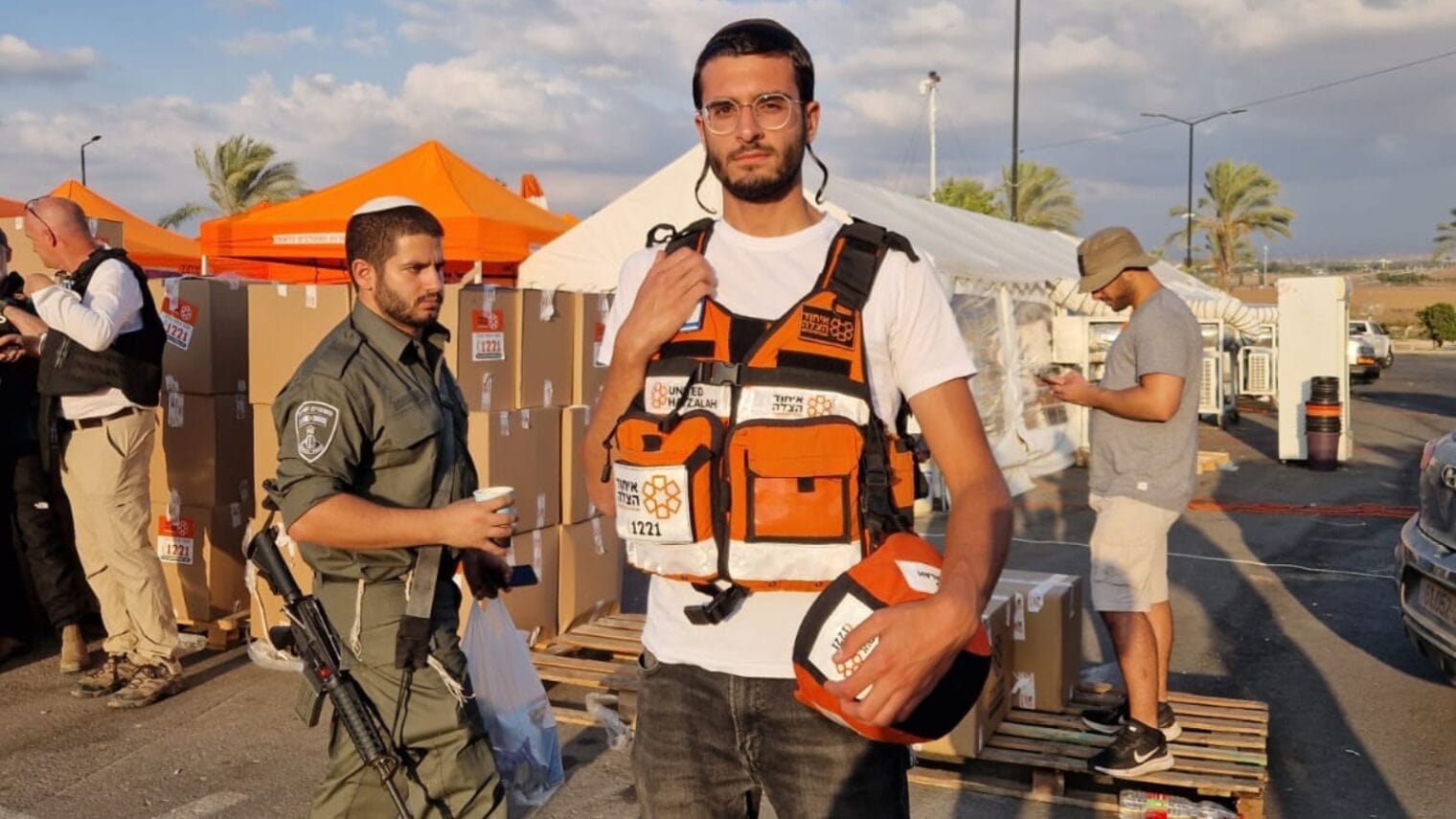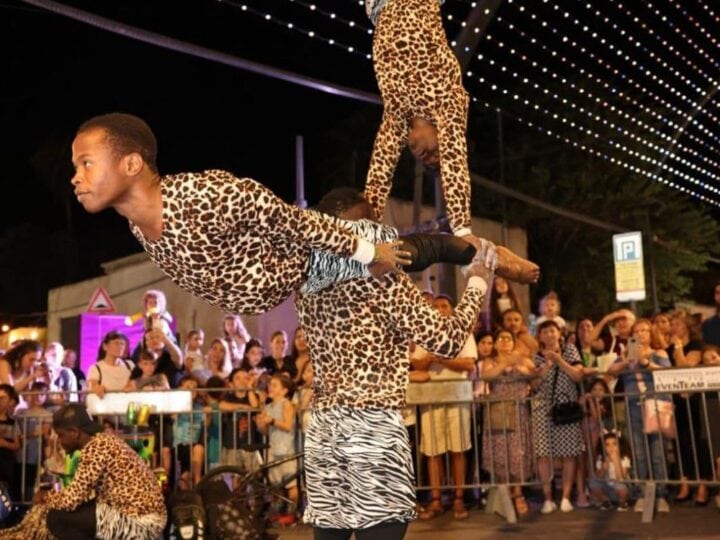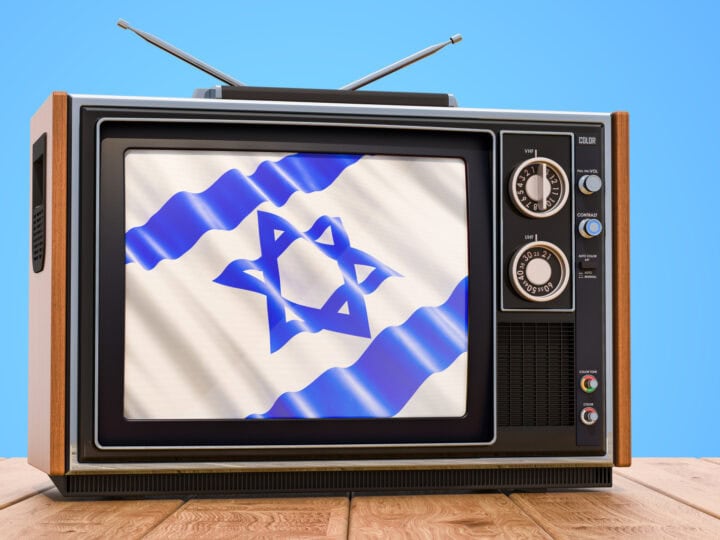Emergency medical technician Shalom Avitan, 22, will never forget the way a terrified baby clung to him outside a southern Israeli community overrun with Hamas terrorists.
The religious United Hatzalah volunteer from Jerusalem had jumped in his car and headed south on Saturday morning upon learning of the deadly surprise attacks in the “Gaza envelope” region.
On the way, he joined up with another UH volunteer driving an intensive care ambulance.
“We were in touch with army officers who told us where they needed our help, and we went to kibbutzim where the army was fighting with terrorists,” Avitan tells ISRAEL21c.
“They started bringing out loads of injured civilians and soldiers. There were terrible injuries — people without hands or legs. We worked nonstop to stabilize them and take them to military helicopters because we couldn’t wait to evacuate them by ambulance.”
This grim work continued throughout that tragic day, October 7.
Safe in my hands
“At around 7pm, a team of special-forces soldiers came out of a kibbutz and handed us two babies,” Avitan relates.
“They told us the parents couldn’t be found; we don’t know if they were captured or killed. The babies, no more than a year old, were screaming and crying. They were dehydrated but otherwise physically unharmed,” says Avitan.
He and his friend each took a child in their arms and gave them water. The thirsty babies quickly drained the bottles.
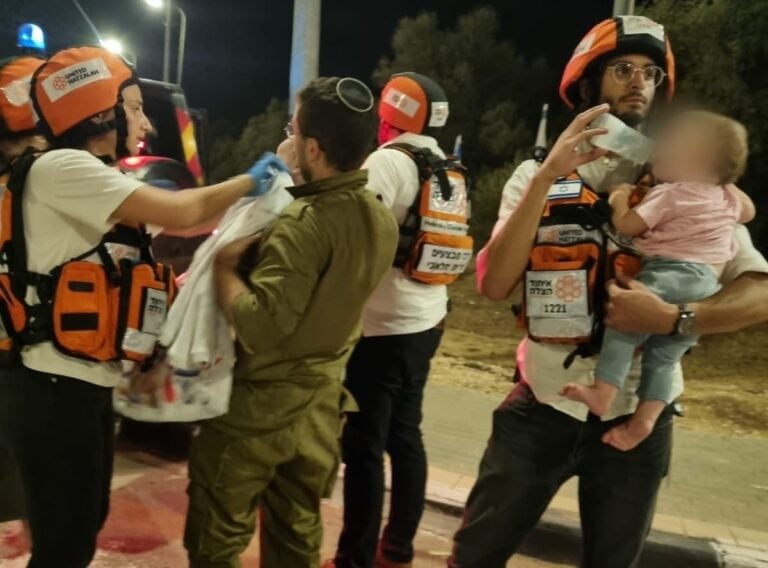
“The baby must have felt safe in my hands because she didn’t want to let go,” says Avitan.
Once the infants were stabilized, the EMTs gave them back to soldiers, who took them to Soroka University Medical Center. There, Avitan was told later, social workers took care of them.
The nature of emergency medical work is not knowing what happens to patients afterwards. Avitan may never find out what will become of these children or whether their parents were located.
Unfortunately, he’s been much too busy to dwell on it.
It never stops
“We needed to carry on,” says Avitan, who was born in Israel and spent 15 years of his life in England. “It was nonstop in different locations where they told us they needed our help.”
Speaking to ISRAEL21c on October 10, Avitan said he’s continued working in the south around the clock, surrounded by fires, bullets and bombs. “We wait outside [communities], taking patients from soldiers. It never stops.”
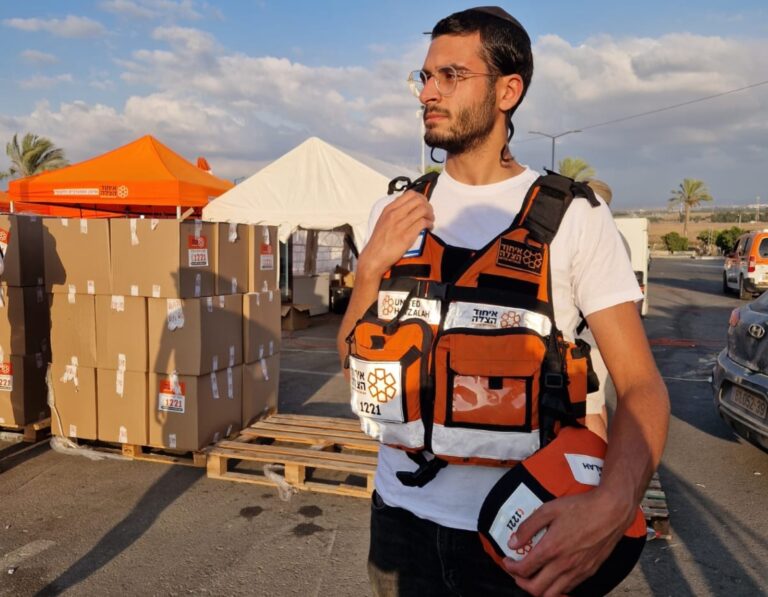
The injuries inflicted by Hamas terrorists on Israelis have been horrific, he says.
“So many patients are in terrible condition, we’re losing them in our hands. We see soldiers going in and coming out not alive.”
Only after three days did he come back to Jerusalem briefly to shower, change clothes and buy items from shopping lists that individual soldiers gave him.
“They have enough food, medical supplies and blankets, but each one wants certain items,” he said as he drove back down south. “I just finished buying them what they need.”
Avitan took United Hatzalah’s EMT course three years ago because he “always had a feeling I wanted to help people. It fulfils me.”
He is scheduled to start military service this December. Because of what he’s seen in the past week, he wants to join the army medical corps.
Does he have any message for ISRAEL21c readers about this war?
“The situation is much more difficult than it looks in the news. It’s terrible. As bad as you think it is, it’s worse.”




